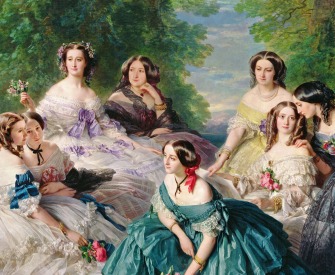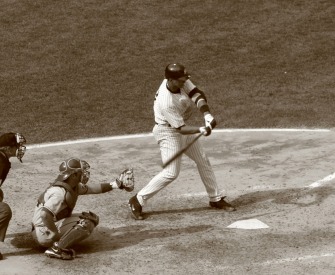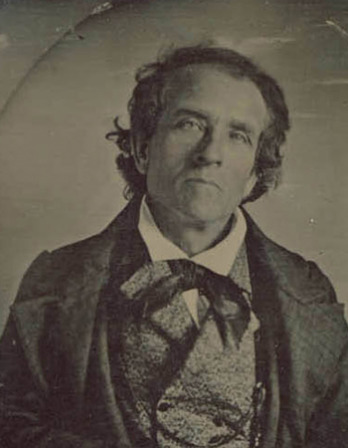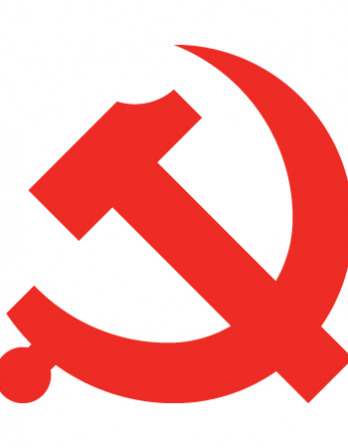China cannot be compared to foreign countries. It is not sufficient for us to regulate capital. Other countries are rich while China is poor; other countries have a surplus of production while China is not producing enough. So China must not only regulate private capital, but it must also develop state capital.
First, we must build means of communication, railroads, and waterways on a large scale. Second, we must open up mines. China is rich in minerals, but alas, they are buried in the earth! Third, we must hasten to develop manufacturing. Although China has a multitude of workers, it has no machinery and so cannot compete with other countries. Goods used throughout China have to be manufactured and imported from other countries, with the result that our rights and interests are simply leaking away. If we want to recover these rights and interests, we must quickly employ state power to promote industry, use machinery in production, and see that all workers of the country are employed. When all the workers have employment and use machinery in production, we will have a great, new source of wealth. If we do not use state power to build up these enterprises but leave them in the hands of private Chinese or of foreign businessmen, the result will be the expansion of private capital and the emergence of a great wealthy class with consequent inequalities in society.
China is now suffering from poverty, not from unequal distribution of wealth. Where there are inequalities of wealth, the methods of Marx can, of course, be used; a class war can be advocated to destroy the inequalities. But in China, where industry is not yet developed, Marx’s class war and dictatorship of the proletariat are impracticable.
© by Columbia University Press. Used with permission of Columbia University Press.
From The Three People’s Principles. Born to poor farmers in Guangdong Province in 1866, Sun moved at the age of twelve to Honolulu, where he studied at a British missionary school. After returning to China in 1886, he abandoned the profession of medicine to take up politics. Alarmed at the country’s lack of nationalism and believing that clan solidarities among the Chinese people left them nothing more than “a heap of loose sand,” Sun was instrumental in overturning the Qing dynasty in the revolution of 1911. He is now remembered as the father of modern China.
Back to Issue





